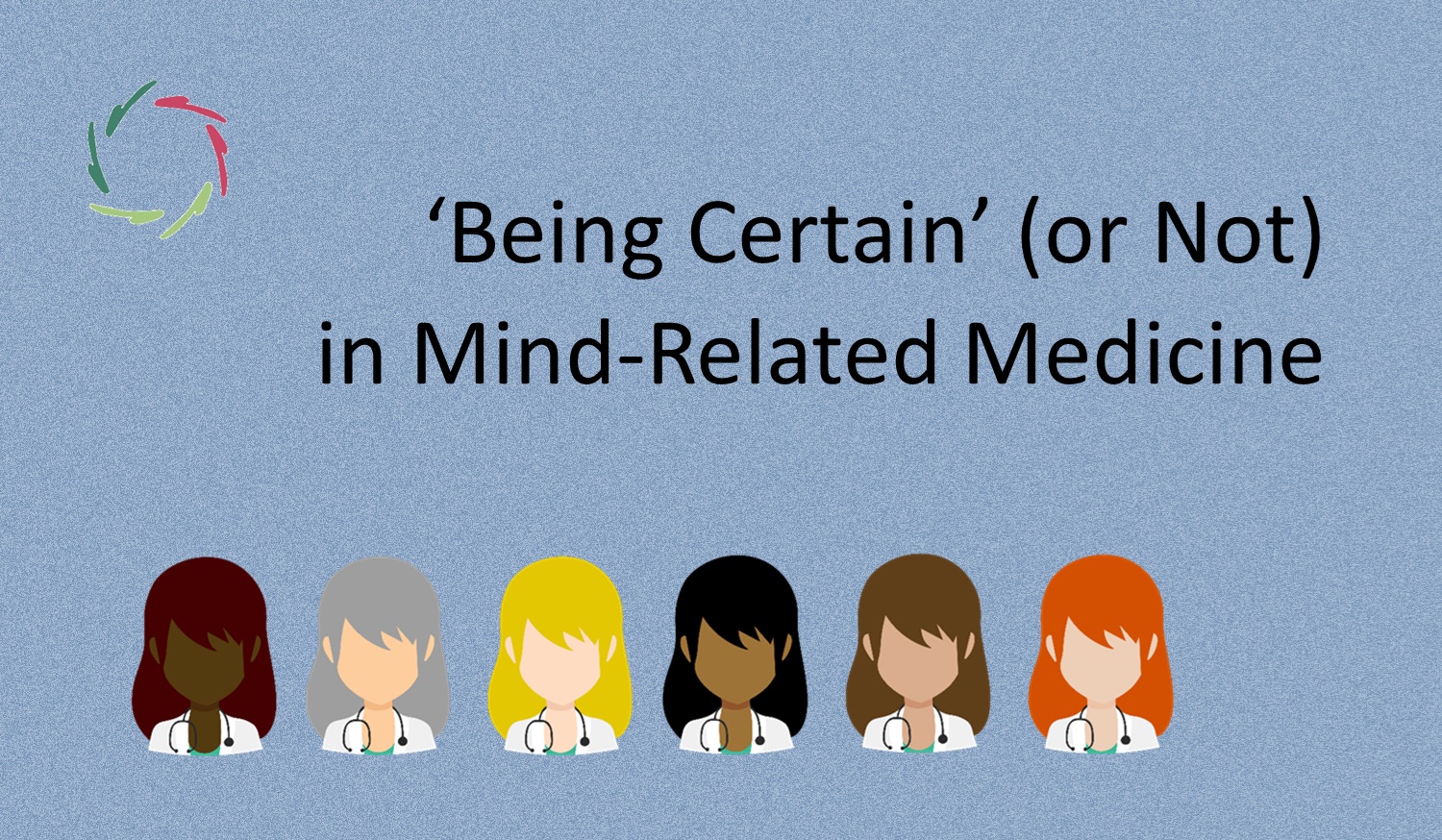Nature Wants Growth, Especially Mental

No growth – no health. This is most obvious in anything mind-related. For this reason, AURELIS is a growth philosophy.
Mental disorder as obstruction of growth
Nature wants growth, no matter what. There is no life without growth. If no growth is possible in one direction, there will be in another, even if this eventually leads to illness. In the human case, the natural growth tendency is specifically flexible, especially concerning the mind ― still, growth must be accomplished on nature’s demand.
Of course, nature always wants health, but evolution paints with a broad brush and growth trumps even that desire. Thus, illness may be the consequence, not of growth, but of its obstruction ― the ‘growth energy’ being the same. One can see this as a primary orientation of genetics toward growth, also resisting any change that thwarts growth.
The fact that research shows genes to be ubiquitously more critical than attempting to change people durably, indicates that something is ubiquitously wrong with the idea of changing people from the outside.
Fighting the disease?
For this reason, fighting against mental disease doesn’t seem optimal as a primary goal. A fight is no invitation for growth. Unfortunately, many people start fighting mental/psychosomatic symptoms from early on and throughout worsening. This quickly becomes a vicious circle ― possibly ending in a mental disease-provoking whirlpool.
Instead of fighting against symptoms/disease, fighting for health may be a better endeavor. There is no antagonism with nature in this, only a search for how to support nature from the inside out. The fighting here may be against possible obstructions of natural growth. In any specific case, an obstruction may be precisely the fighting against the disease.
What can be an obstruction?
Many things.
For instance, mental trauma is a frequent cause-consequence of obstructed growth.
For instance, growth needs time and at least some attention. An obstruction may, therefore, also be a lack of deep attention to oneself, such as through being busy all day long with many things of which one eventually doesn’t see the purpose ― say, modern times.
An obstruction may be the diminishment of symptoms through non-growth-oriented means ― for instance, chronic use of medicinal painkillers in a case of psychosomatic pain. Not the painkiller is the culprit, but the not-listening to oneself if that is the consequence.
As obstruction may also count an aggressive mindset against what comes from the inside out. Present-day culture leads many people precisely to this in its motivation to flourish as a culture.
At any stage of mental disorder
Un-wellness may result from some blockade of natural, meaningful flow. If repeated, this may turn into some discernible symptom or prolonged simmering distortion under the hood that may show as a disease later on.
The fighting can then, at any stage, be continued against the negative appearance of what was first meant as a positive goal of growth.
Can one also counter this process at any stage?
Addiction as an example
As is becoming increasingly clear, the cause of addiction does not lie so much in the addictive substance as in the flight from meaningless circumstances. We can see now that the addictive plight is about obstruction of (always meaningful) growth.
Culturally seen, the ‘war on drugs’ should therefore be turned into a cultural goal to bring people meaningfulness, to fight the meaning crisis, to accord culture with nature.
In any individual case of addiction, it may also be most interesting to keep looking from this perspective all the way through. No weakness is involved in this stance but strength, no hardness but a gentle way to be with the addicted as an in-depth ally, fighting for a better life and world if possible. If one addicted person cannot be helped, he may still help others through the sheer endeavor.
At any stage of addiction, a focus on growth may be crucial to get durably out of the negative rut.
Here lies the bonus.
In accordance with nature, growth transcends the individual. Feeling this, one can most efficiently use the ‘energy of growth’ in one’s personal life and circumstances ― including loved ones and broader. In this sense, striving for growth is never lost.
AURELIS is an attempt to support this individually and culturally.
Might this culminate in the Lisa Revolution?


